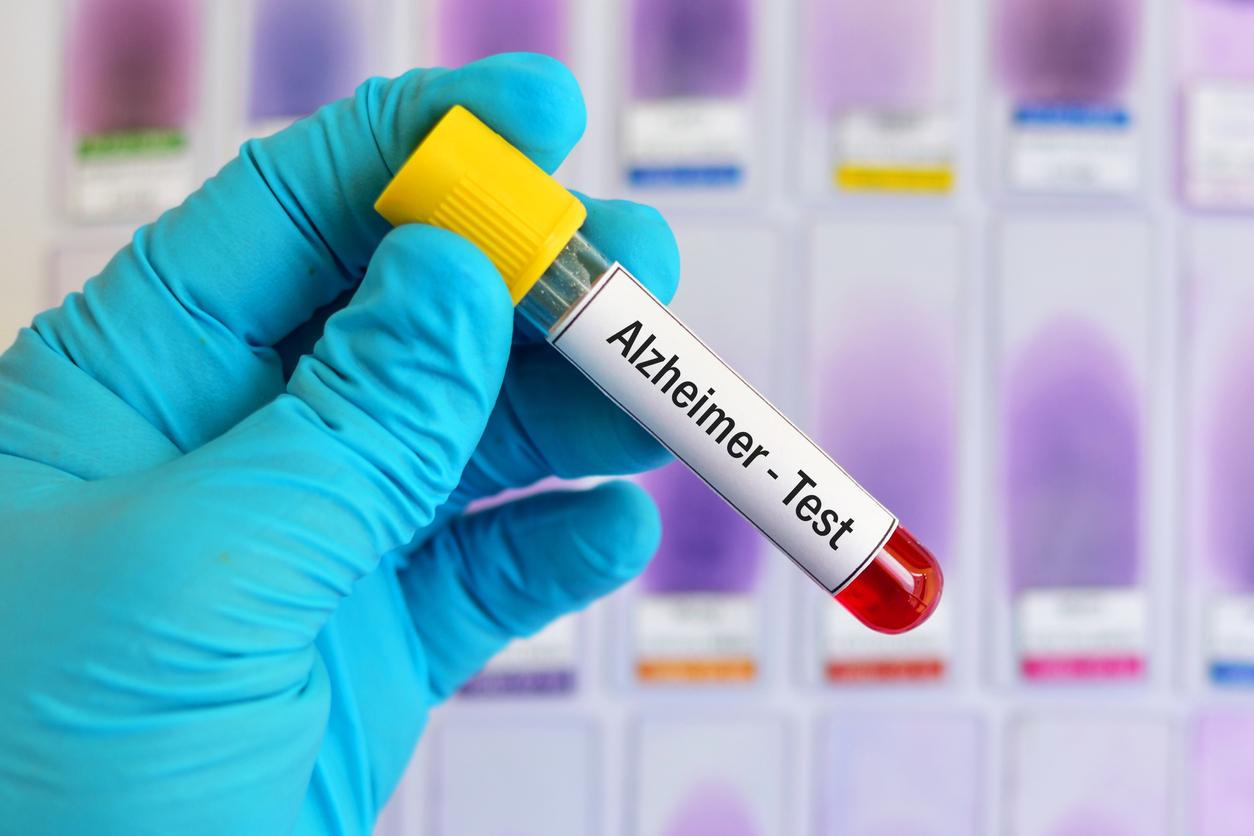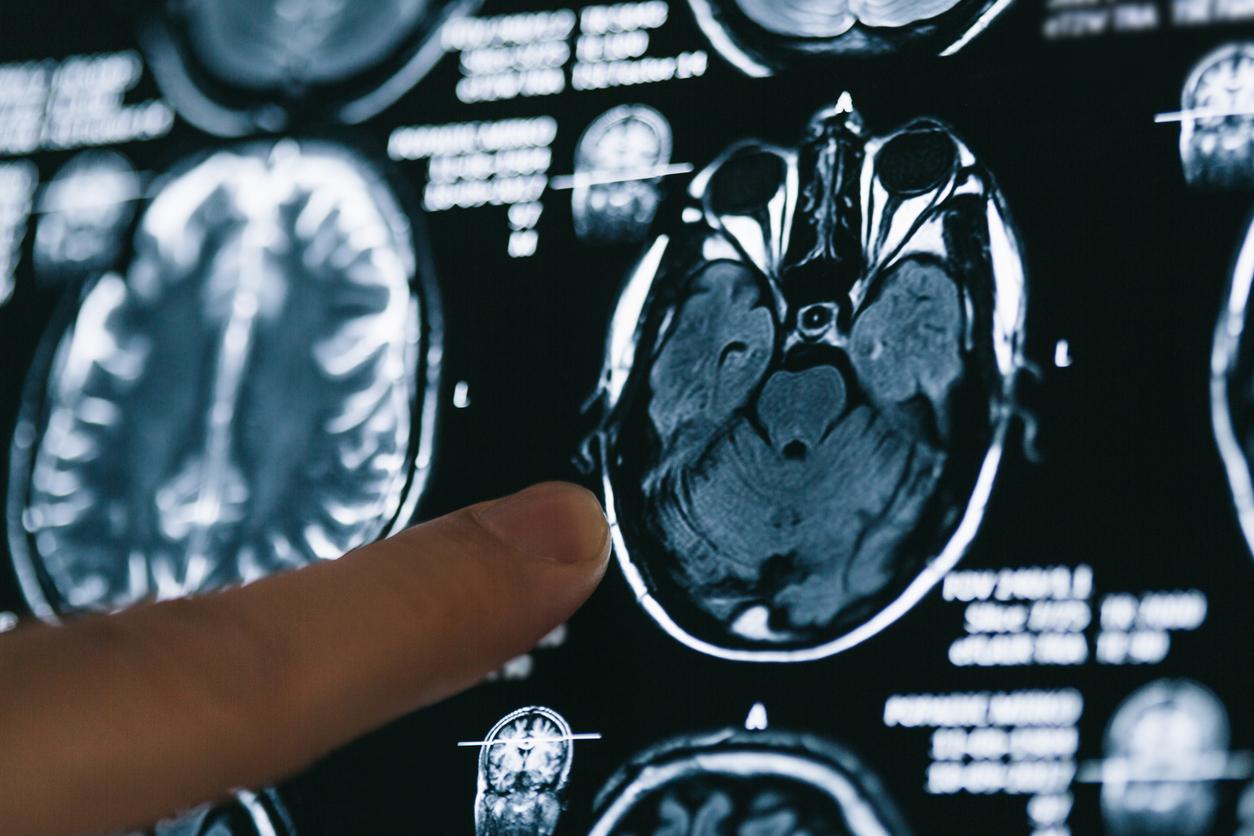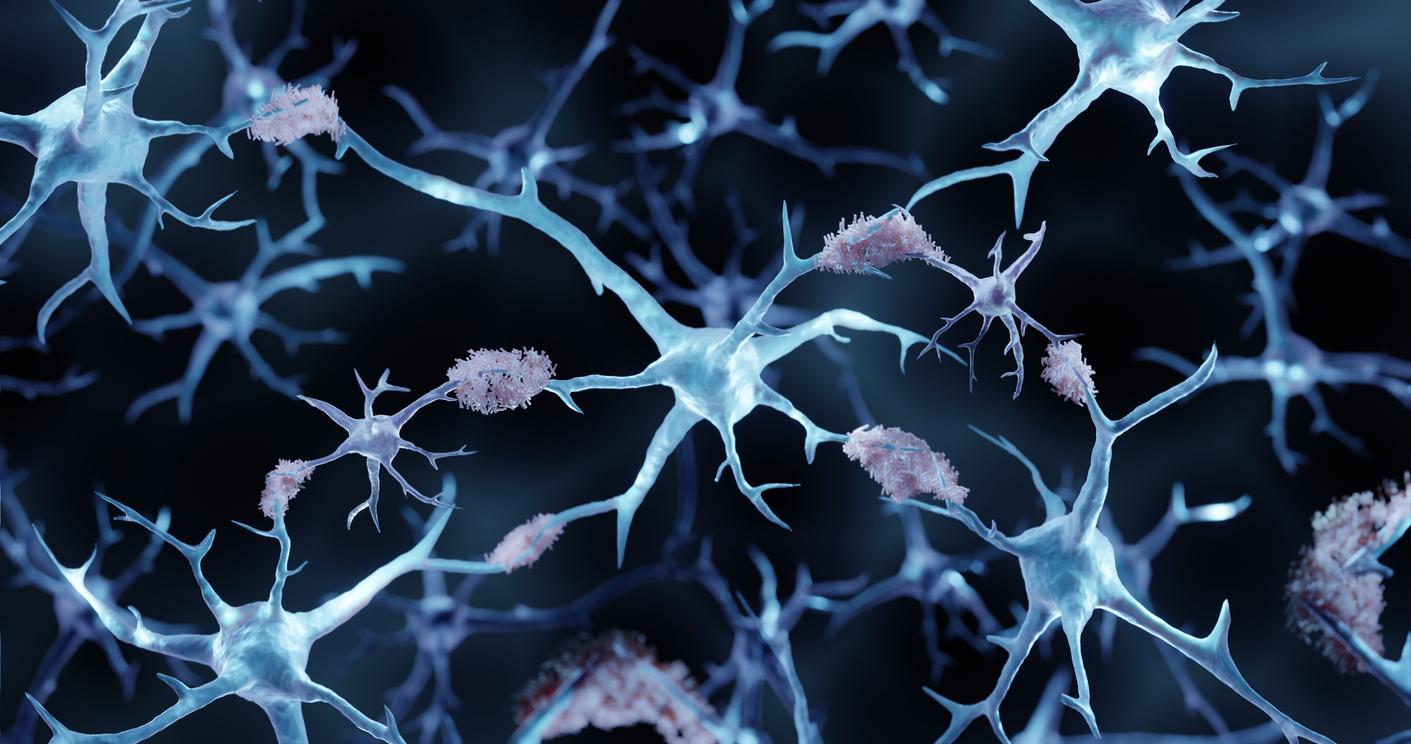Australian researchers have developed a blood test that could predict the risk of developing Alzheimer’s disease up to 20 years before the first symptoms appear.

- A new non-invasive blood test could help predict the risk of developing Alzheimer’s disease up to 20 years before symptoms appear.
- The ultra-thin silicon chip, developed by Australian researchers, can analyze proteins in blood one by one using an advanced AI algorithm.
- The team says the algorithm could be used to screen for other neurological pathologies such as Parkinson’s disease or multiple sclerosis (MS).
For years, scientists have been trying to develop a test to detect Alzheimer’s disease early with a simple blood test. A team from the Australian National University (ANU) has made significant progress in this area. By coupling nanotechnology with artificial intelligence, researchers have succeeded in developing an ultra-thin chip capable of analyzing blood proteins and detecting biomarkers of neurodegenerative pathology.
Alzheimer’s disease: a chip analyzes blood in seconds
The chip silicon, developed by researchers atANU, has nanopores, tiny holes the size of a nanometer. The test involves placing a small amount of blood on it and then inserting it into a device the size of a cell phone. This device uses an advanced artificial intelligence algorithm to analyze proteins one by one and determine whether dementia biomarkers are present.
“Currently, Alzheimer’s disease is mainly diagnosed on the basis of signs of mental deterioration, at which point the pathology has already seriously damaged the brain”recalls in a communicated Professor Patrick Klut from the Physics Research School of theANU, co-author of the study. “Early detection, which is vital for effective treatment, normally involves invasive and expensive hospital procedures – such than a lumbar puncture – which can be physically and mentally taxing for patients”.
According to the results of the experiment, the technique he developed would make it possible to predict the risks of developing neurodegenerative pathology up to 20 years before the first symptoms. It also has the advantage, according to the expert, of requiring only a small blood sample and of giving “near real-time results”.

The chip could detect other neurodegenerative pathologies
“The simple, rapid test could be carried out by GPs and other clinicians, eliminating the need for a hospital visit and proving particularly convenient for people living in regional and remote areas“adds Professor Kluth whose work was published in the journal Small Methods on September 18, 2023.
But, this would not be the only advantage of this new technology based on nanotechnology according to the research team. The scientists of theANU claim the algorithm could be trained to screen for multiple neurological conditions at once, including Parkinson’s disease, multiple sclerosis (SEP) and amyotrophic lateral sclerosis (ALS).

















